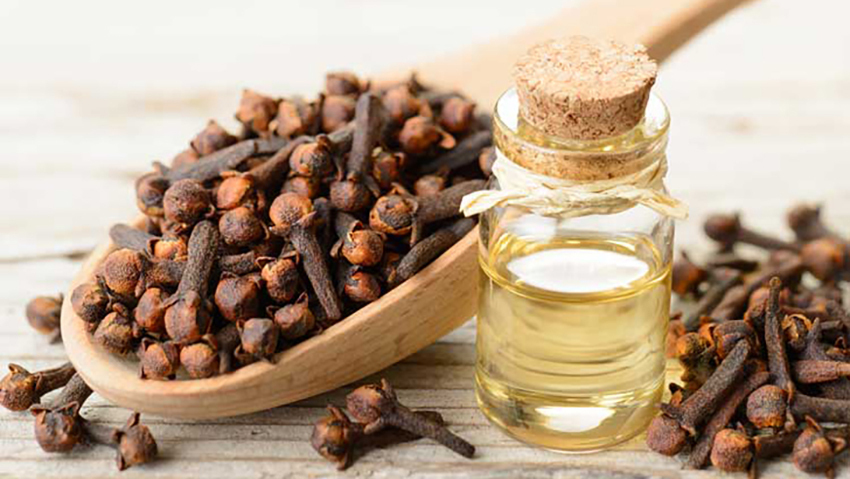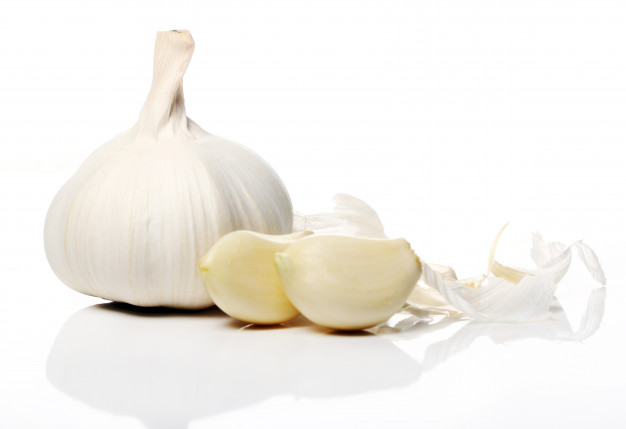
Our knowledge from clinical study: Pregnant and lactating women – COVID-19 m-RNA vaccines
June 9, 2021
Is educating mothers to promote healthy eating patterns is crucial for preventing obesity in children?
August 25, 2021Reviewer : Dr. Abid
Clove (biological name: Syzygium aromaticum) is a valuable spice which has been popular for centuries for its medicinal properties and also as a food preservative. Spices such as clove, cinnamon, oregano, thyme and mint have been used as medicinal plants among many cultures but clove is particularly popular among them.
Studies indicate that clove has wide range of pharmacological effects (medicinal properties) due to presence of various bio-active compounds. Eugenol is the main bio-active compound found in clove, others include phenolic compounds such as flavanoids, hydroxybenzoic acid and gallic acid etc. Clove essential oil is also very rich in eugenol.
Moreover, several studies have documented that spice plants are kind of food with higher phenolic content followed by fruits, seeds and vegetables. Among spices clove showed the higher content of phenols. Clove has antioxidant properties (antioxidant are the substances that can prevent or slow the damage to cells caused by unstable molecules produced in the body), antimicrobial activity (antimicrobial substances can kill or slow the spread of micro-organisms), antifungal activity, and analgesic properties (substances that can help relieve pain) etc.
Studies conducted to assess antimicrobial activity of clove essential oil against P acnes
It is evident through the studies that clove essential oil which is extract of Syzygium aromaticum has antimicrobial properties. Scientists have conducted studies with an objective to assess antimicrobial activity of clove essential oil against a microorganism called P acnes (Propionibacterium acnes). P acnes is a bacteria or microorganism which is recognized as the major skin bacterium causing acne.
Acne is skin condition which occurs when the hair follicles becomes plugged with oil and dead skin cells, and manifests as pimples, white heads and black heads. It is very common among teenagers. Though the condition is not dangerous but it can leave skin with scars.
It is important to mention that the studies were performed through specialized methods (Agar diffusion and broth microdilution methods ) i.e. the studies were conducted in laboratory under controlled environment outside of a living organism.
Results of the study
It emerged through the studies that clove essential oil exerted significant antibacterial activity towards P acnes. It was observed that at low concentrations the essential oil first attached to the surface of P acnes, and the surface become rougher. On the other hand, at higher concentrations, the bacterial cell wall (outer covering of the bacteria) and membranes ruptured, ultimately leading to bacterial death. Thus, the results indicated that the mode of action of clove essential oil towards P acnes is associated with a loss of membrane integrity i.e. it causes damage to outer covering of the bacteria.
Conclusion drawn from the studies
The studies revealed that clove essential oil exhibited significant activity against P acnes. The bacteriostatic mechanisms (antibacterial mechanisms) of clove essential oil involves damage to the cell wall or the outer covering of the bacteria and membranes of the bacteria. Furthermore, the essential oil might also inhibit bacterial protein synthesis ultimately leading to bacterial death. Researchers claimed that the findings of the studies would provide a scientific basis for the application of clove essential oil as a therapeutic agent for acne. However, scientist demanded that future in vivo studies (studies performed in living organism or animal model) should be conducted to investigate further.
REFERENCE:
Clove (Syzygium aromaticum): a precious spice
https://www.ncbi.nlm.nih.gov/pmc/articles/PMC3819475/
The Antibacterial Activity of Clove Essential Oil Against Propionibacterium acnes and Its Mechanism of Action
https://jamanetwork.com/journals/jamadermatology/fullarticle/711838


